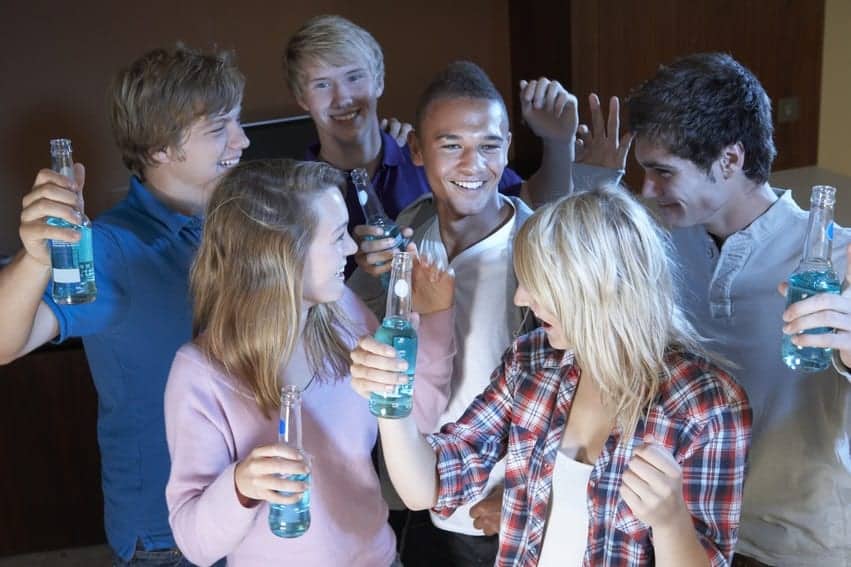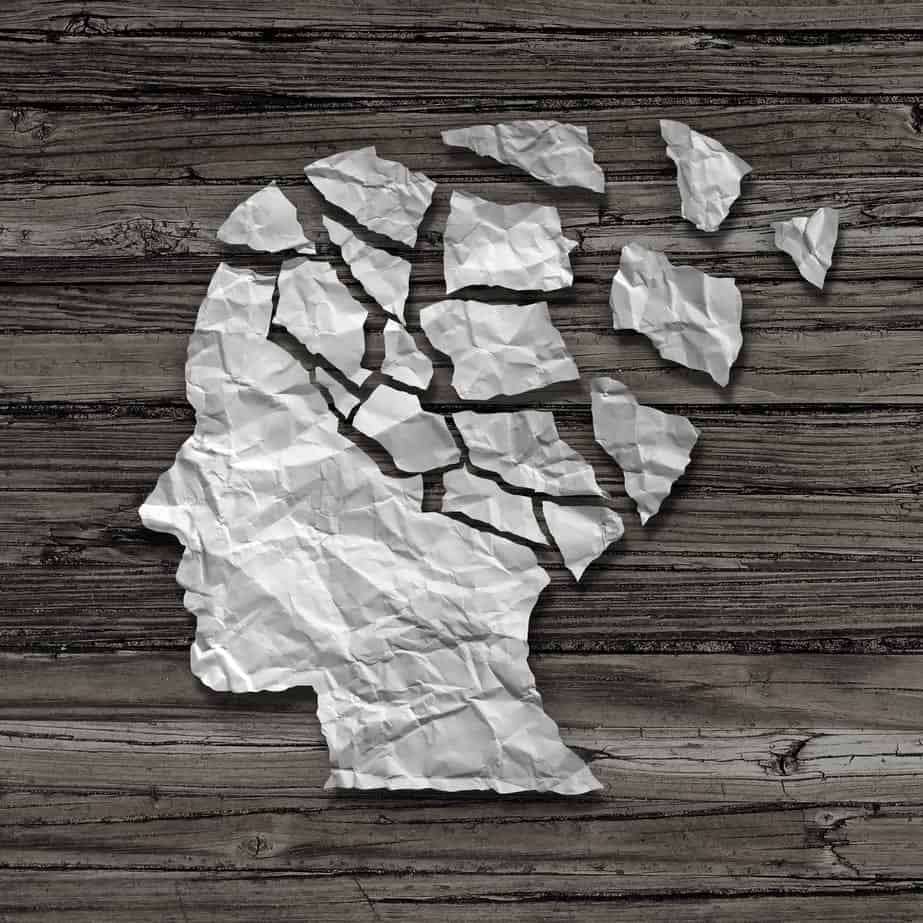Can you damage your brain through underage drinking? Despite a law that sets the drinking age at 21, underage drinking is quite common. And while it is well-known that drinking in excess and alcohol addiction can have devastating health effects, research about alcohol’s effect on the adolescent brain has only recently begun to receive more attention. New studies have shown that drinking as an adolescent can have consequences that last into adulthood. These consequences are amplified because as a young adult, the brain is still developing.
Health Risks of Binge Drinking
The risks associated with binge drinking for any age group are serious. Binge drinking is particularly common among college-age students, and this can include underage individuals between 18-20. In addition to instances of domestic violence and sexual abuse or assault which can occur as a result of binge drinking, common side effects of binge drinking include:
- Dehydration
- Nausea
- Memory loss
- Poor judgment
- Lack of Coordination
- Blackouts
The above are of course usually temporary symptoms, but should the individual continue to binge drink repeatedly, those side effects can turn into permanent damage:
- Liver disease
- Stroke
- Heart issues
- Cancer
- Infertility
- Brain damage
While brain damage can occur at any point, it is during adolescence in which this damage is most likely to occur. 
Alcohol Damage in the Adolescent Brain
Recent research in the effects of binge drinking have focused on the effects on the adolescent brain. While we are considered adults by law at the age of 18 and we are able to drink legally at 21, the human brain continues to develop well into the mid-twenties. A recent study conducted at the University of California, San Diego compared brain scans of teens that drink heavily with those that do not and the results were quite telling. The study found that teens that drank heavily had damaged nerve tissue in their brains. The researchers believe that this damage can be linked to a decrease in attention span in young men, and a decrease in the ability to comprehend visual information in young women. Though the study surveyed adolescents that had reported binge drinking, some only drank four or five drinks during one binge session, which for many full-grown adults wouldn’t necessarily constitute as a binge. The adolescent brain, and in many cases, the entire body, is more sensitive to the toxins in drugs and alcohol. 
How Alcohol Damages the Brain
Many commonly abused substances are classified as stimulants, but alcohol is a depressant. The hallmark of a depressant is its effect on the central nervous system and brain function. Teens and young adults that drink heavily will often suffer from a greater decrease in the cognitive function, which is directed by the cerebral cortex. Alcohol makes it difficult to process information as it is received. The frontal lobes are also directly affected, which hampers decision-making skills as well as inhibitions. This can lead to impulsive decision making and the inability to plan ahead. While these symptoms are often short-term, damage can occur to short-term and long-term memory. There is also potential for damage to the cerebellum, which causes issues with balance. The telltale sign of damage to these regions as they were shown in the study mentioned above is the presence of what is known as white matter. White matter is nerve tissue within the brain and it is vital to the transmission of information between brain cells. The study showed areas within the brain that had damage to the white matter, which indicates poor development or quality of cells. So, in short, any of these regions can be damaged by excessive drinking in adolescents. When it becomes even more dangerous, is when the damage becomes permanent. 
When Binge Drinking is More Than an Occasional Problem
Though binge drinking can cause problems in teens, the lingering issue may be more than just an occasional problem. Teens are much more likely to develop an addiction or dependence on alcohol. As such, what seems like a hangover every now and then, many become a much more severe problem if left unchecked. How common is it for young adults to partake in binge drinking? According to the National Institute of Alcohol Abuse and Alcoholism, 28.6 percent of 12th graders and 40.1 percent of college students had reported binge drinking within the past two weeks prior to the time at which the study was conducted. This is an extremely large percentage of each group and these students are at risk of the damaging effects on the brain as well as the increased risk of developing an addiction. Young adults have also been shown to be less likely to seek help for an alcohol addiction than others.
Getting Help for an Underage Drinking Problem
Though it may not seem it, if you are underage and have found yourself drinking on more than one occasion, you may be doing more damage to your body than you know. As mentioned above, the damage that can be done to the brain during adolescence can be substantial and irreversible. The physical risks are too great to chance, and it is important to address the issue before it becomes a serious issue. What should you do if you realize that you may need help for an alcohol addiction as a teen? This may seem like an impossible task because you will have to admit that you are drinking underage. While it is serious that you are breaking the law, it is not nearly as serious as the health consequences that you may face should you continue to drink. There are many organizations that have meetings for individuals that are facing alcohol addiction, even those for teens, so no matter what, you can get the help you need. These programs, such as Alcoholics Anonymous, offer judgment-free spaces that can help you understand why you drink and how you can stop. If you or someone you know may have a problem with alcohol addiction, get help today, with alcohol abuse treatment program. There is nothing more valuable than your health.
